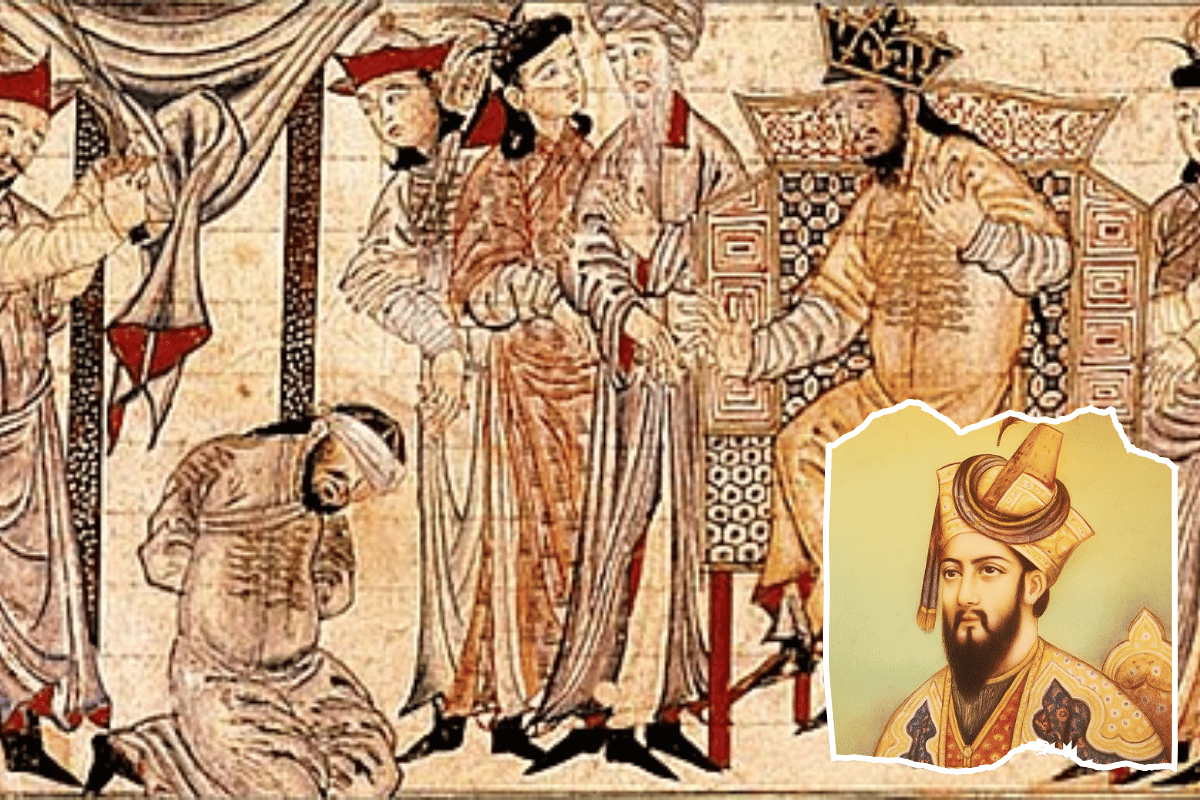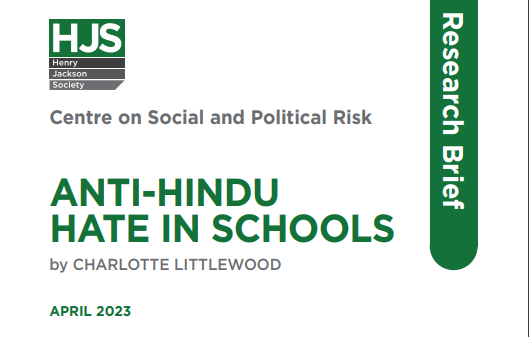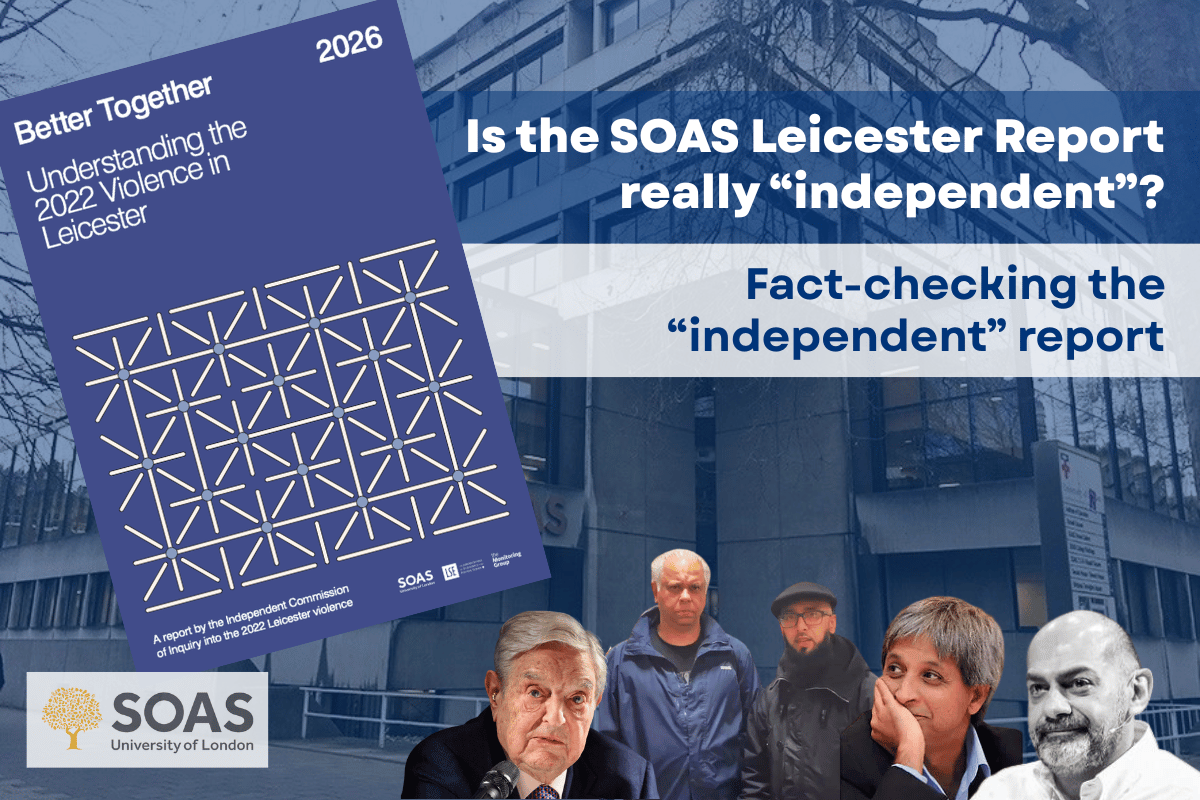
Throughout history, powerful nations have often interfered in the internal affairs of weaker countries or countries of their interests, claiming to bring stability or protect democracy. However, the true motives behind these interventions frequently revolve around economic and geopolitical interests, leaving a trail of destabilisation, suffering, and long-term damage. This article delves into some of the most notorious examples of foreign intervention, the forces behind them, their devastating outcomes, and why such actions are fundamentally wrong.

What is foreign intervention?
Foreign intervention refers to the interference by one country in the political, economic, or social affairs of another. This often takes the form of coups, invasions, economic sanctions, or covert operations aimed at regime change or resource control.
While nations may justify these actions as necessary for global stability, history reveals a pattern of exploitation and disregard for the sovereignty and well-being of affected countries.
Notorious examples of foreign interventions
1. Iran (1953)
What happened: Mohammad Mossadegh, Iran’s democratically elected Prime Minister, nationalised the country’s oil industry, ending British control. In response, the U.K. and U.S. orchestrated a coup to remove him.
Who was behind it: The CIA (Operation Ajax) and Britain’s MI6 led the coup.
The result: Mossadegh was imprisoned, and the Shah of Iran was reinstalled as a pro-Western autocrat. The intervention fueled anti-Western sentiment, eventually leading to the 1979 Islamic Revolution.
2. Guatemala (1954)
What happened: President Jacobo Árbenz introduced land reforms that threatened the interests of the U.S.-based United Fruit Company. The CIA orchestrated a coup to overthrow him.
Who was behind it:The U.S. government and the United Fruit Company.
The result:Decades of political instability and a brutal civil war that claimed hundreds of thousands of lives.
3. Chile (1973)
What happened:Salvador Allende, Chile’s democratically elected socialist president, was overthrown in a U.S.-backed military coup.
Who was behind it:The CIA and Chilean military, led by General Augusto Pinochet.
The result:Pinochet established a dictatorship marked by human rights abuses, including torture, disappearances, and killings.
4. Afghanistan (1979 – 1989)
What happened:During the Soviet invasion of Afghanistan, the U.S. armed and funded the Mujahideen to resist Soviet forces.
Who was behind it:The U.S. government (as part of its Cold War strategy).
The result: While the Soviets were defeated, the intervention led to decades of instability and the eventual rise of the Taliban.
5. Iraq (2003)
What happened: The U.S. invaded Iraq under the pretext of eliminating weapons of mass destruction (which were never found).
Who was behind it: The U.S. government, supported by allies like the U.K.
The result: The removal of Saddam Hussein created a power vacuum, leading to widespread sectarian violence, the rise of ISIS, and ongoing instability.
Why these interventions are wrong
1. Violation of sovereignty: Nations have the right to self-determination. Interventions by foreign powers undermine this principle, treating weaker countries as pawns in a larger geopolitical game.
2. Human cost: Foreign interventions often result in mass casualties, displacement, and long-term suffering. For example, millions of civilians were killed or displaced in Iraq, Afghanistan, and Guatemala.
3. Destabilisation and long-term damage: Interventions frequently destabilise nations, leading to civil wars, economic collapse, and authoritarian regimes. The power vacuums left behind (e.g., in Iraq and Libya) create breeding grounds for extremism.
4. Selective morality: Foreign powers often intervene where they have strategic or economic interests, ignoring human rights abuses in other regions. For example, while the U.S. claimed to spread democracy in Iraq, it maintained alliances with authoritarian regimes like Saudi Arabia.
5. Betrayal of democratic ideals: Ironically, interventions often overthrow democratically elected leaders (e.g., Mossadegh in Iran, Allende in Chile) and replace them with authoritarian regimes that serve foreign interests.
The forces behind foreign interventions
1. Economic interests: Corporations like United Fruit in Guatemala and oil companies in Iran have historically lobbied for intervention to protect their profits.
2. Geopolitical strategy: During the Cold War, the U.S. and Soviet Union intervened in various countries to expand their spheres of influence.
3. Resource control: Oil, minerals, and agricultural land are often central to foreign interventions. For example, control over Iraq’s oil was a key factor in the 2003 invasion.
4. Power projection: Superpowers use interventions to demonstrate dominance to rivals and allies alike.
Lessons from history: Why the world must oppose such actions
1. Strengthening international law: Organisations like the United Nations must enforce stricter regulations to prevent foreign meddling and hold nations accountable for unethical actions. Mechanisms like international tribunals should address and penalise unlawful interventions.
2. Promoting transparency: Citizens must demand transparency in foreign policy decisions and oppose interventions driven by corporate or strategic interests. Governments must be held accountable for their actions abroad, ensuring that decisions align with ethical standards rather than exploitation.
3. Respect for sovereignty: The global community must reaffirm the importance of national sovereignty. Rather than dictating regime change or influencing elections, international assistance should focus on empowering local governance and respecting the will of the people.
4. Building awareness: Understanding the human and societal costs of foreign intervention is essential. Education and awareness campaigns can help citizens recognise when their own governments are engaging in unethical practices abroad.
5. Addressing root causes: Many interventions exploit poverty, corruption, or instability as pretexts for action. Instead of meddling in internal affairs, powerful nations should focus on supporting development, economic growth, and fair trade practices that promote equality and self-reliance in struggling nations.
The moral imperative to end foreign interference
History shows us that foreign intervention is rarely about the well-being of the targeted nation. Instead, it serves the interests of powerful states or corporations at the expense of the local population. This approach ignores the fundamental rights of nations to self-determination and governance.
In a world striving for equality and justice, there is no place for the exploitation of weaker nations under the guise of “stability” or “democracy promotion.” The moral and practical failures of interventions in Iran, Iraq, Chile, and beyond serve as stark reminders of the harm caused when sovereign nations are treated as chess pieces in geopolitical games.
The case of Bangladesh: A new frontier of influence?
Recent regime change and developments in Bangladesh raise questions about the role of foreign powers in shaping internal politics. The U.S. has imposed visa restrictions on individuals allegedly undermining democratic processes, leading some to speculate about its influence on the country’s governance.
While such actions are framed as support for democracy, critics argue that they could destabilise political systems or create openings for foreign interference. However, unlike historical examples of overt intervention (e.g., coups in Iran or Chile), evidence of direct U.S. involvement in regime change in Bangladesh remains unproven.
This case highlights the shifting nature of foreign influence in the 21st century, where overt military or covert actions are often replaced by economic, diplomatic, and legal pressures.
A call to action
We must learn from history and stand against such actions in the future. Here’s how individuals, organisations, and nations can contribute:
1. Demand ethical foreign policies: Urge governments to prioritise diplomacy, development, and cooperation over military or covert actions.
2. Support global governance: Advocate for stronger international laws that protect sovereignty and penalise foreign meddling.
3. Promote local voices: Amplify the voices of people in affected countries, ensuring they lead the conversation about their own futures.
4. Hold leaders accountable: Use the power of voting, petitions, and activism to challenge leaders who support unjust interventions.
5. Educate others: Share lessons from history to help others understand the consequences of foreign interference. Expose actors involved in such dangerous foreign interference.
Conclusion
The stories of Iran, Guatemala, Chile, Afghanistan, and Iraq reveal a troubling pattern of exploitation, destabilisation, and human suffering caused by foreign interventions. These events are not just chapters in history but warnings for the future.
If the global community continues to tolerate such interference, the cycle of oppression and exploitation will persist. By learning from the past and working toward a fairer, more equitable world, we can ensure that no nation’s sovereignty is sacrificed for the benefit of another.
Let us stand together and advocate for a world where respect for sovereignty, human rights, and genuine democracy prevail over greed and power politics. Let’s hope for world peace. Aum Shanti.
Key references and sources
Primary References for Historical Cases
Iran (1953)
- Stephen Kinzer, All the Shah’s Men: An American Coup and the Roots of Middle East Terror (2003)
- Declassified CIA documents on Operation Ajax (available through the National Security Archive)
- Mark Gasiorowski, “The 1953 Coup in Iran,” International Journal of Middle East Studies (1991)
Guatemala (1954)
- Stephen Schlesinger and Stephen Kinzer, Bitter Fruit: The Story of the American Coup in Guatemala (1982)
- Declassified CIA documents on Operation PBSUCCESS (National Security Archive)
- U.S. Department of State: Foreign Relations of the United States (FRUS) archive on Guatemala
Chile (1973)
- Peter Kornbluh, The Pinochet File: A Declassified Dossier on Atrocity and Accountability (2003)
- Declassified CIA documents on U.S. involvement in Chile’s coup (National Security Archive)
- Nathaniel Davis, “The Last Two Years of Salvador Allende,” Foreign Affairs (1985)
Afghanistan (1979 – 1989)
- Steve Coll, Ghost Wars: The Secret History of the CIA, Afghanistan, and Bin Laden (2004)
- CIA analysis on the Afghan-Soviet War (available via FOIA requests)
- Interviews with Mujahideen leaders in PBS Frontline: The Man Who Knew (2002)
Iraq (2003)
- Bob Woodward, Plan of Attack (2004)
- Chilcot Report (2016), detailing the U.K.’s role in the Iraq invasion
- Reports from the United Nations and Human Rights Watch on civilian casualties and instability post-invasion
Secondary References on Foreign Interventions
- John Perkins, Confessions of an Economic Hitman (2004)
- Noam Chomsky, Hegemony or Survival: America’s Quest for Global Dominance (2003)
- Michael Parenti, Against Empire (1995)
Contemporary Insights (Including Bangladesh)
- Reports from international think tanks like the Council on Foreign Relations (CFR), Brookings Institution, and Chatham House on modern foreign influence
- Media reports on U.S. visa restrictions and diplomatic pressure in Bangladesh (The New York Times, The Guardian, Al Jazeera)
- Statements from Bangladeshi government officials and U.S. State Department press releases regarding election monitoring
General Context on the Ethics of Intervention
- Samantha Power, A Problem from Hell: America and the Age of Genocide (2002), for debates on intervention ethics
- Reports from Amnesty International and Human Rights Watch on the human cost of foreign interventions
- Articles from academic journals like Foreign Affairs, The Journal of Peace Research, and The Middle East Journal
Online Resources
- National Security Archive: A repository of declassified documents related to foreign interventions
- UN Charter on Sovereignty and Non-Intervention: Key international legal principles opposing interventions
- Documentaries on Iran, Guatemala, Chile, and Iraq








